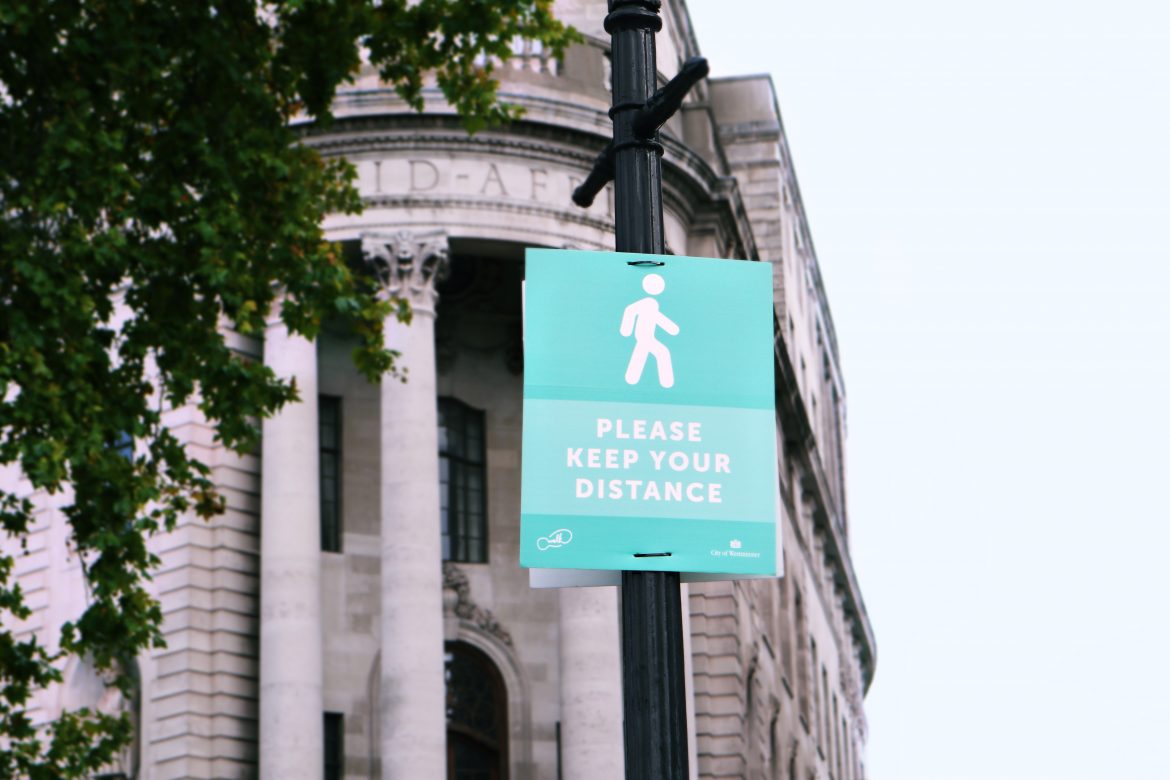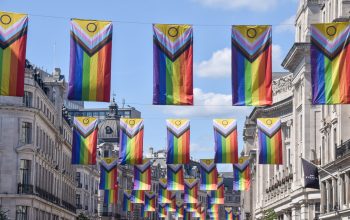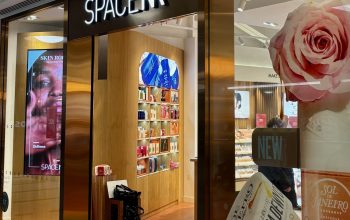Data published by Kingston Council indicates that the total number of coronavirus cases in the borough could be nine times higher than the recorded figures show.
The data taken from a council survey, which ran from August 3 to September 20, shows that 4.7 per cent of respondents said they had “suffered ill health caused by Covid-19”.
If taken representatively, this would equate to approximately 8,342 cases in the borough up to September 20, based on Office for National Statistics data estimating Kingston’s population at 177,507 in the middle of 2019.
Official government statistics indicated there had been just 921 cases in the borough when the council survey closed.
Kingston Council said the near 900 responses to the survey “should not be considered wholly representative of all Kingston residents”, but also stated on its website that the survey would help to build a picture of residents’ experiences during the pandemic.
Lack of testing across the UK in the early months of the pandemic would likely be behind the suggested disparity in figures.
The survey findings did not clarify whether those who said they had suffered ill health caused by Covid-19, had been tested or not.
As of October 20, government data states that 1,598 Covid cases have been confirmed in Kingston since the pandemic began.
Covid tracking and research app Covid Symptom Study estimates there are more than 850 cases currently active in Kingston, as of October 21.
Residents are still worried
The council’s findings were published as part of the council’s report on the impact of Covid-19 on Kingston. The council will use the survey findings in order to find out what support local people need moving forward.
Deputy leader of Kingston Council Tim Cobbett said: “Whilst Covid-19 has not gone away and we must continue to follow guidelines to keep everyone safe, it is also important that we move forward.
“The findings for the survey will be shared across council teams to inform planning and take on learnings for service improvement.”
Kingston Council’s report also revealed the extent of the impact of Covid-19 on the borough’s residents, with almost three-quarters still having concerns around the virus, including getting ill, using public transport and accessing healthcare.
The pandemic is proving more detrimental to some than others.
New Malden resident Samantha Banton suffers from rare skin condition Giant Congenital Melanocytic Nevus, which puts her at a higher risk of developing skin cancer.
The 44-year-old shielded from the end of February until early August and said she “never went out the door for five months”.
Now, she faces difficulty in accessing the specialist healthcare she requires from a hospital in central London.
Banton said: “I can’t access hospital appointments properly. It’s very depressing.”
Due to the pandemic, she has only been able to see her daughter, who lives in Manchester, once this year.
“She went back into lockdown before the shielding ended. I miss her dreadfully,” she said.
Negative outlook
Findings from the survey also showed that nearly twice as many residents are feeling negative about the future compared to those feeling positive.
Over 50 per cent are worried about their mental health, while more than one in 10 people in the borough have lost their job or had their work hours reduced as a result of the pandemic.
Some residents are concerned about the economic ramifications rather than catching the virus themselves.
Mark O’Toole, a 55-year-old Tolworth resident, said: “I’m deeply concerned about people dying. I’m severely worried about the economic impact on the country, but I’m not worried at all about catching it.
“Of course I would be worried about passing it on. I take all the necessary precautions but I can’t live my life tormented by this virus.”
Some residents believe there is more fear than is warranted.
Nick Vasin, a 36-year-old IT adviser, said: “What scares me the most is the reaction that the whole situation is getting…nowadays contemporary medicine, science and media should work together to minimise the impact without making people scared.”
However, figures from UK public health bodies shows that cases of coronavirus are continuing to rise in Kingston, with 214 cases reported in the week up to October 17.
That is a 42 per cent rise on the previous week.
Last week, London moved into the Tier 2 category of Covid-19 restrictions, preventing the mixing of households indoors, including at pubs and restaurants.






